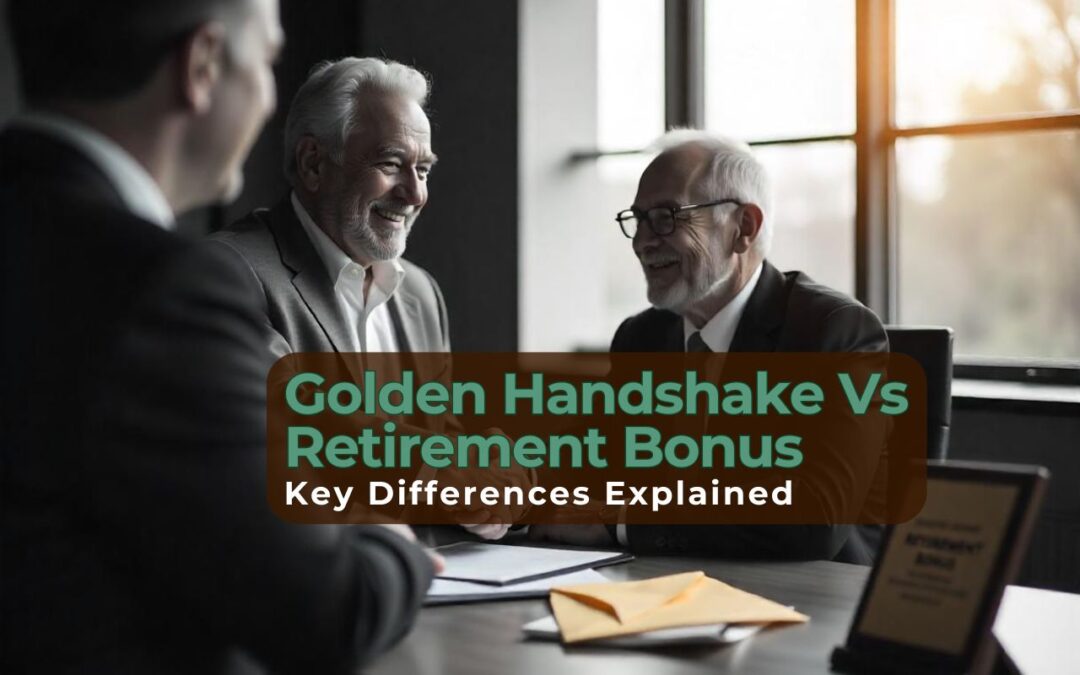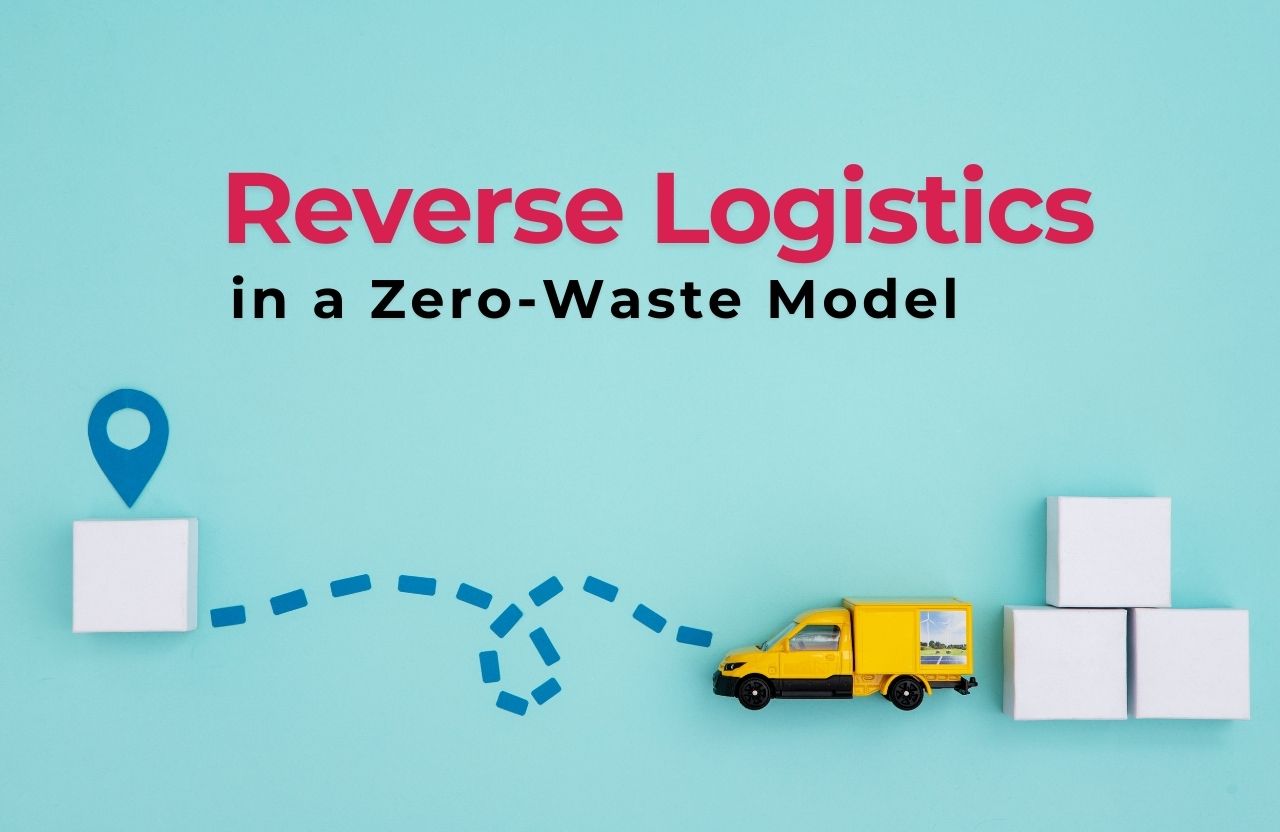As organizations evolve and workforce dynamics shift, businesses often use various financial tools to manage employee exits with grace and strategic foresight. Two such tools that frequently spark confusion are the Golden Handshake and Retirement Bonus. Though both offer financial compensation upon an employee’s exit, they serve very different purposes and are rooted in distinct organizational strategies.
This blog will walk you through the core differences between a Golden Handshake and Retirement Bonus, examining the intent behind each, when they are offered, who receives them, and what implications they carry for both employers and employees. Whether you are a business owner, HR professional, or employee nearing the end of your career, Golden Handshake and Retirement Bonus understanding these differences can help you make more informed decisions.
Understanding the Basics
What Is a Golden Handshake?
A Golden Handshake is a pre-arranged, lucrative financial payout given to an employee often an executive or senior official when they are terminated from their position. It is typically part of the employment contract and is activated under specific exit scenarios such as:
- Company mergers or acquisitions
- Corporate restructuring
- Layoffs of top-level staff
- Strategic changes in leadership
This severance package can include cash payments, stock options, insurance benefits, or other perks.
What Is a Retirement Bonus?
A Retirement Bonus, on the other hand, is a reward or gesture of appreciation offered to employees who retire after long years of service. It is usually:
- Based on tenure, loyalty, and past performance
- Paid at the time of voluntary retirement
- Seen as a goodwill gesture and not part of a legal contract
In essence, a retirement bonus acknowledges and rewards an employee’s contribution over the years and is usually more common across all job levels.
1. Purpose and Intent
Golden Handshake
The Golden Handshake is strategically designed as a risk-reducing mechanism. Its primary goal is to ensure a smooth and conflict-free exit of a high-ranking executive. Companies use this incentive to:
- Avoid legal disputes
- Maintain market reputation
- Encourage top-level staff to accept restructuring
- Ensure leadership transitions go smoothly
This approach is particularly useful during corporate transitions, where letting go of senior leaders may trigger instability.
Retirement Bonus
Conversely, the Retirement Bonus is a token of appreciation. It celebrates the employee’s career journey, often reflecting the employer’s respect and gratitude. It is not tied to strategy but is more of an honorary acknowledgment of years of loyal service.
2. Timing of the Payment
Golden Handshake
The payout is triggered upon forced resignation, termination, or early retirement, often due to external or organizational changes. The decision usually comes from the company’s board or top leadership.
Retirement Bonus
This bonus is granted upon natural or voluntary retirement, typically when an employee reaches the retirement age stipulated in their employment agreement. There’s no negative implication involved; instead, it marks a celebratory closure of a career.
3. Who Is Eligible?
Golden Handshake
This is typically reserved for senior executives, board members, and high-level leaders. It is not a benefit accessible to all employees, and often, it is defined contractually when the person joins the company.
Retirement Bonus
This applies to a wider group of employees, including mid-level and even junior staff who have worked for many years in an organization. The eligibility is often based on tenure, usually crossing a specific threshold (like 10 or 20 years of service).
4. Nature of Departure
Golden Handshake
The departure is often non-voluntary. The employee might be asked to step down due to strategic realignments, leadership changes, or performance issues—though not necessarily misconduct. It may help prevent future litigation or corporate backlash.
Retirement Bonus
In this case, the departure is completely voluntary and expected. The employee retires with dignity after fulfilling their professional duties, and the bonus enhances their emotional connection to the organization even after exit.
5. Legal and Contractual Differences
Golden Handshake
A Golden Handshake is typically part of an employment contract or a special agreement signed at the time of hiring. It can be legally enforced and may include non-compete clauses or confidentiality agreements.
Retirement Bonus
It is more informal or policy-based, subject to company policies and not always guaranteed. Some organizations offer it as a discretionary amount, while others set clear benchmarks like years of service and position held.
6. Financial Value and Public Perception
Golden Handshake
These are often substantial payouts, and sometimes even controversial. Public backlash has emerged in several instances where executives received large sums despite company underperformance or financial loss. Stakeholders, including shareholders and employees, may view it with skepticism.
Retirement Bonus
This is generally a modest amount, symbolizing appreciation. It does not attract controversy and is seen positively by peers and the organization. It’s an act of goodwill, not a strategic tool.
7. Impact on Company Culture
Golden Handshake
If used excessively or without merit, Golden Handshakes can breed resentment among staff, especially when lower-level employees face layoffs or salary cuts. It may signal favoritism or raise questions about fairness.
Retirement Bonus
Boosts employee morale, fosters a sense of loyalty, and encourages long-term association. Employees are more likely to view their job as a long-term career if they know retirement is celebrated and valued.
8. Statutory and Tax Implications
Golden Handshake
Due to the high financial value, such payments may be subject to complex taxation rules, often differing by country. They may also be scrutinized by regulatory bodies, especially in publicly listed companies.
Retirement Bonus
Usually enjoys simpler tax treatment, sometimes with tax exemptions or benefits depending on local labor laws. Employees can often plan financially around these bonuses.
9. Statistical Insights
- According to a workforce compensation study, over 70% of large companies offer structured severance packages for top-level executives, often including Golden Handshakes.
- In contrast, only 40–50% of medium-sized firms have formal retirement bonus policies, with wide variation in payment amounts.
- A survey by a global HR institute revealed that executive severance payments can range from 1 to 3 years of base salary, while retirement bonuses average around 3 to 6 months’ salary, depending on tenure and region.
- In some economies, public sector workers are more likely to receive retirement bonuses than private-sector employees, due to government-mandated retirement benefits.
10. Long-Term Implications for Employees
Golden Handshake
The recipient may enjoy a financial cushion and maintain a professional reputation. However, clauses like non-compete agreements may limit future opportunities in the industry. There may also be social scrutiny, especially if the company is undergoing hardship.
Retirement Bonus
It marks a respectful and fulfilling end to a career. Employees can use the bonus for personal milestones like travel, investment, or medical needs. It may also come with post-retirement support, such as access to health benefits or pensions, depending on the organization.
Conclusion: Which One Is More Appropriate?
It’s not about which is better—it’s about context and purpose.
A Golden Handshake is about strategic leadership transition, risk minimization, and maintaining public image during high-stakes changes. It’s selective, contractual, and often confidential.
A Retirement Bonus, however, is about gratitude, culture, and celebration of service. It’s inclusive, morale-boosting, and human-centric.
For organizations, the decision to offer either should align with:
- Ethical leadership
- Financial capability
- Organizational values
- Talent retention and motivation strategies
For employees Golden Handshake and Retirement Bonus, understanding these distinctions ensures you can negotiate better terms, plan your career, and exit on your own terms—with dignity, recognition, or financial security, depending on the situation.













